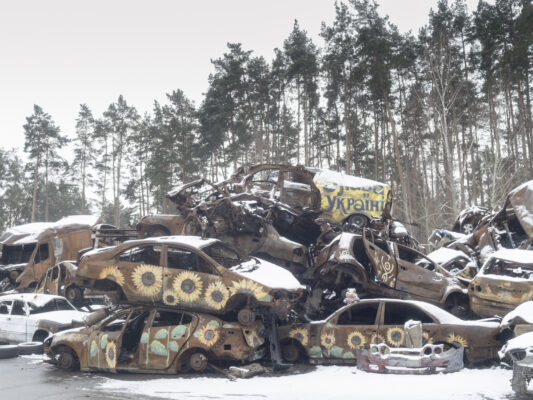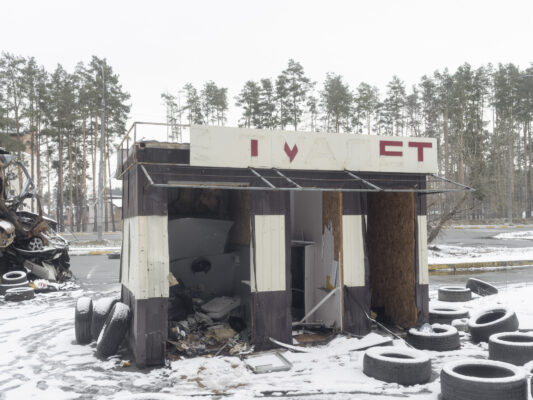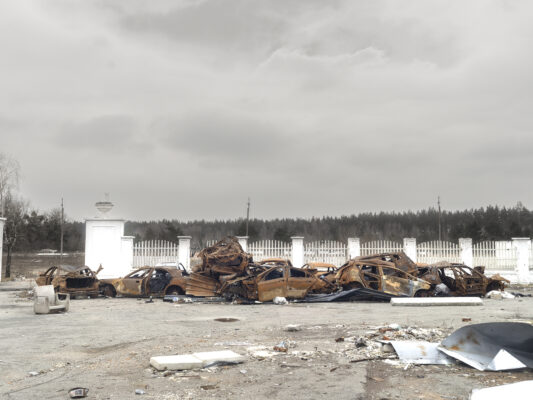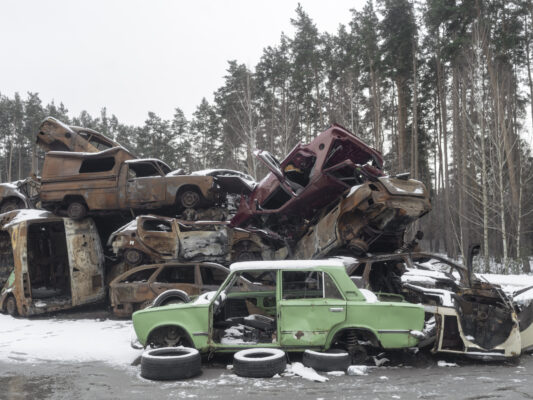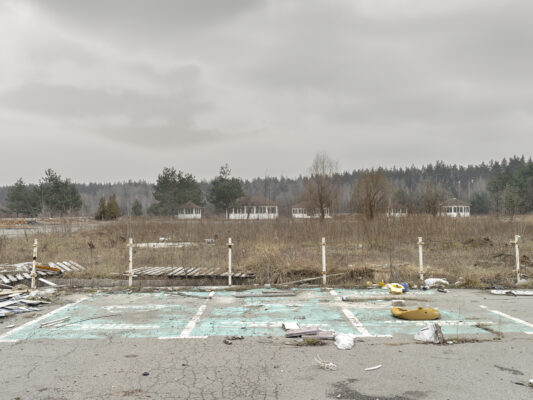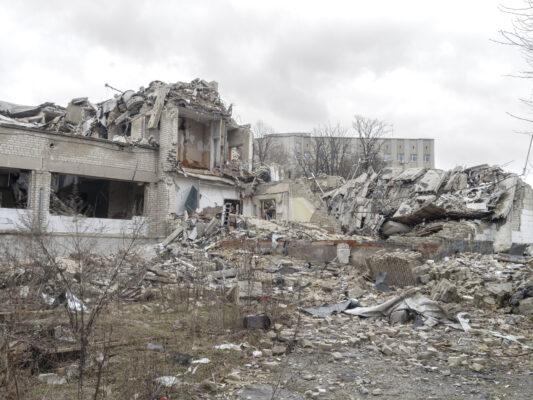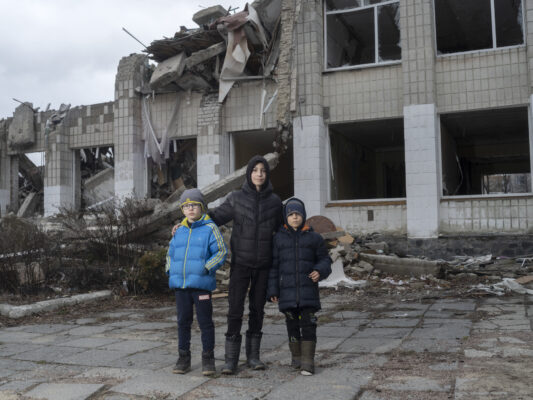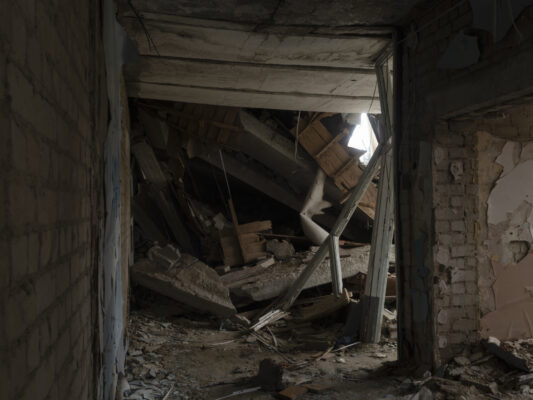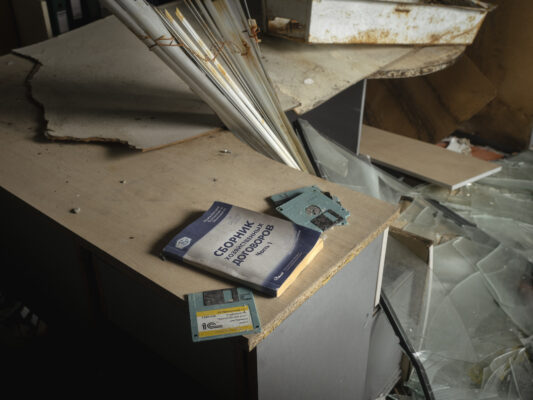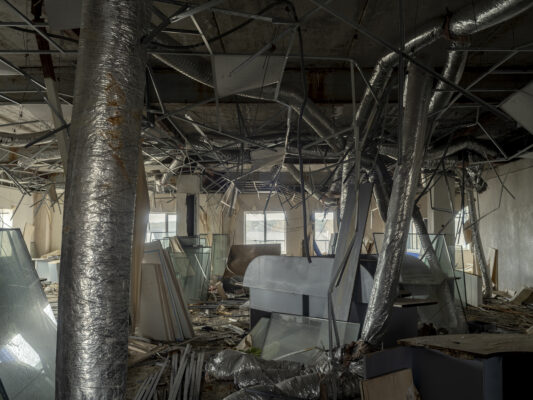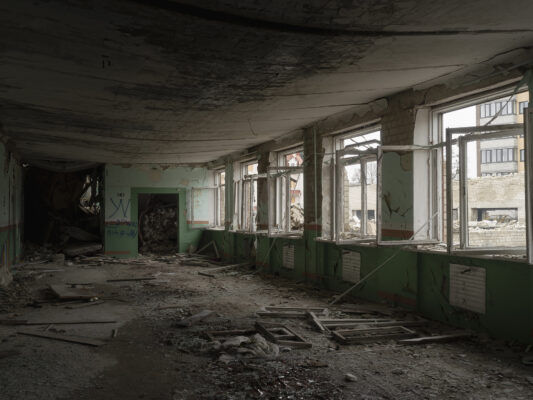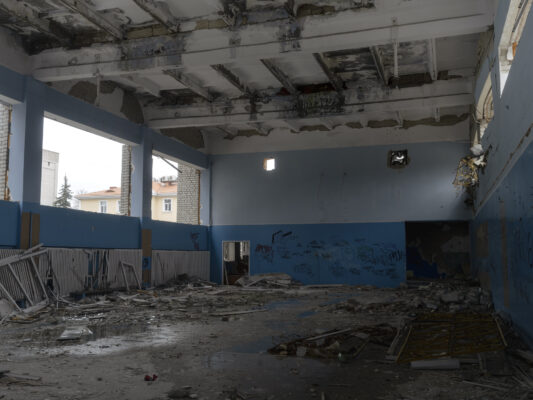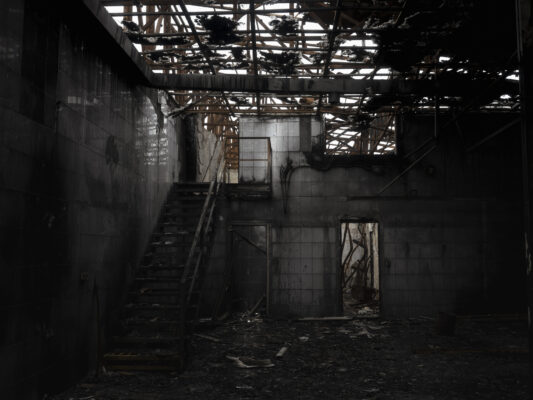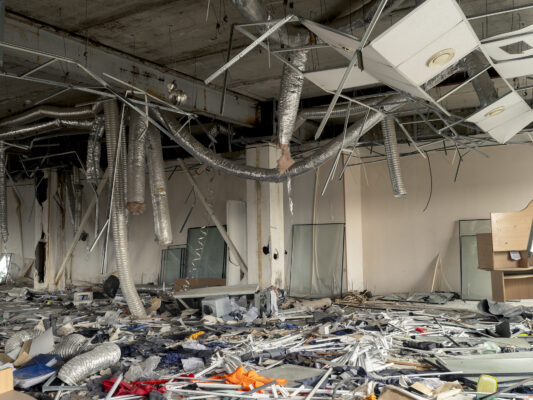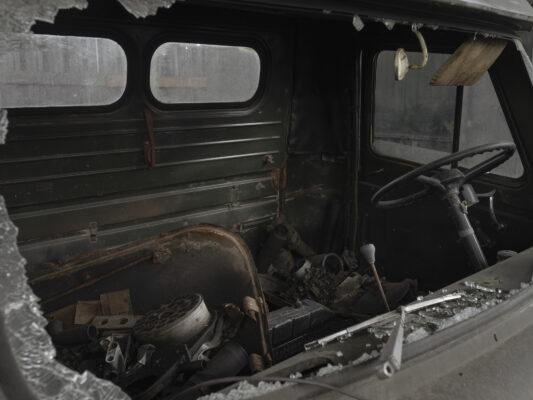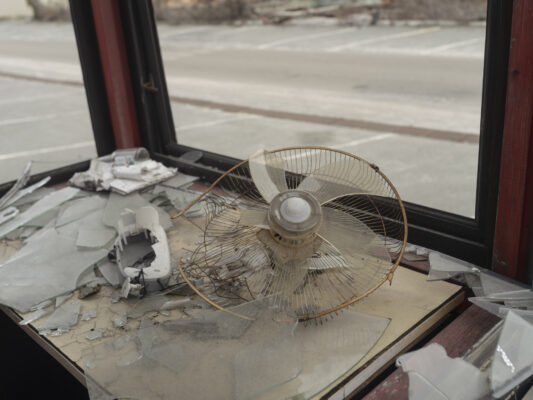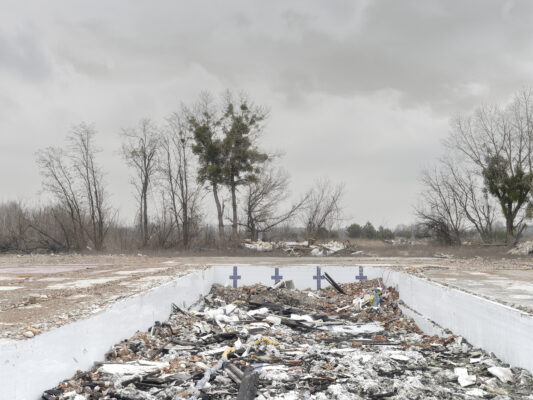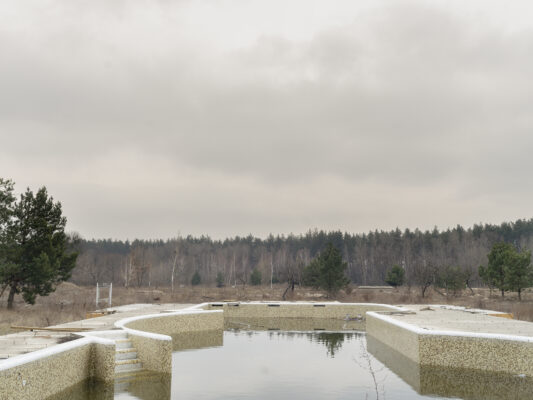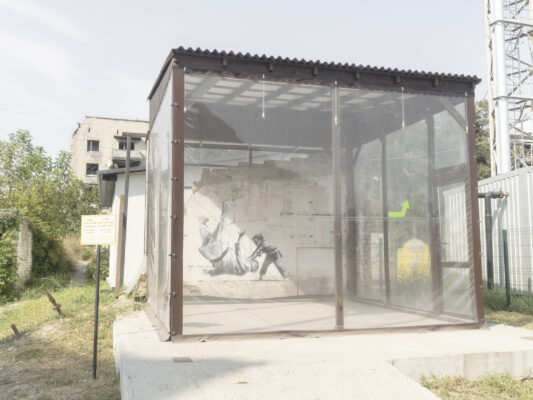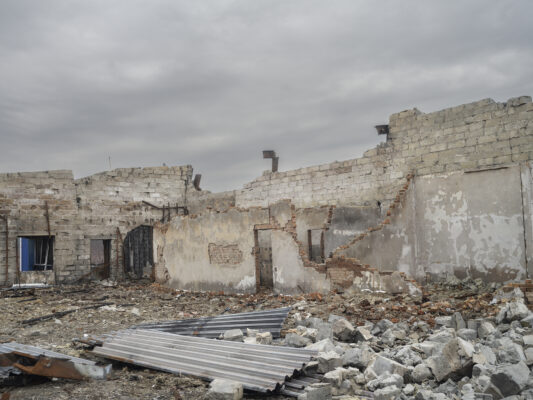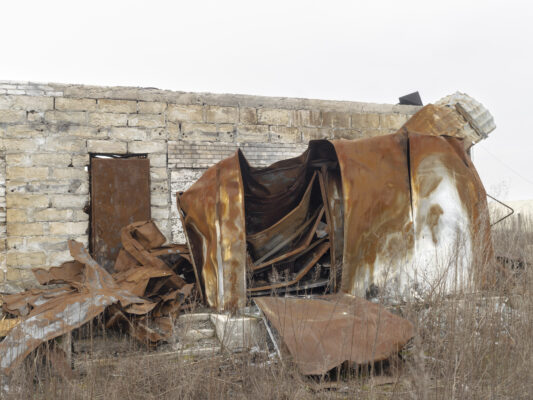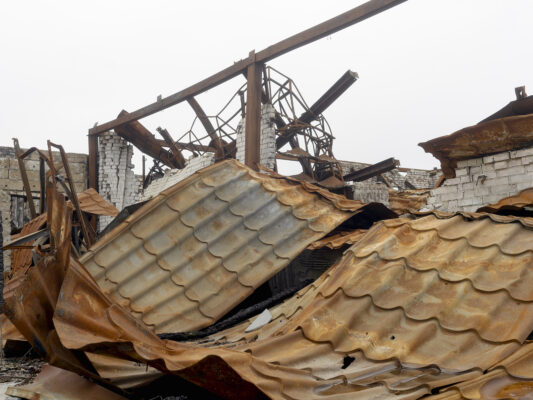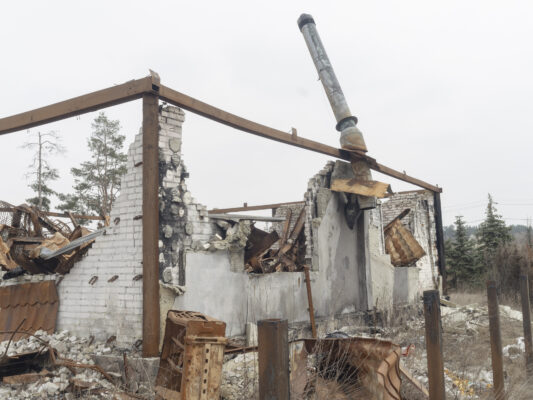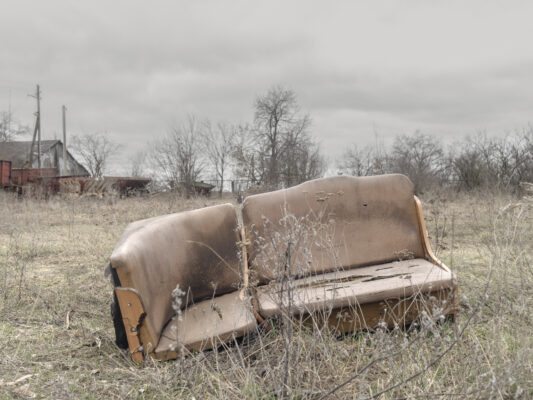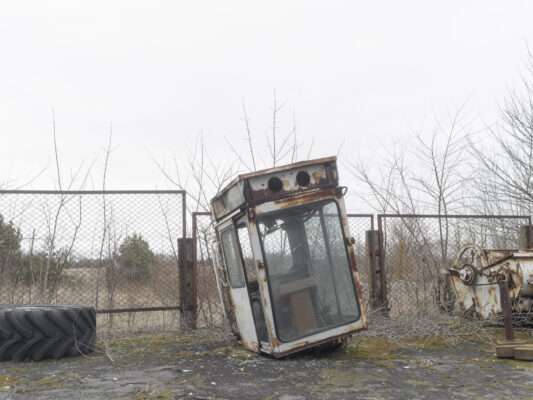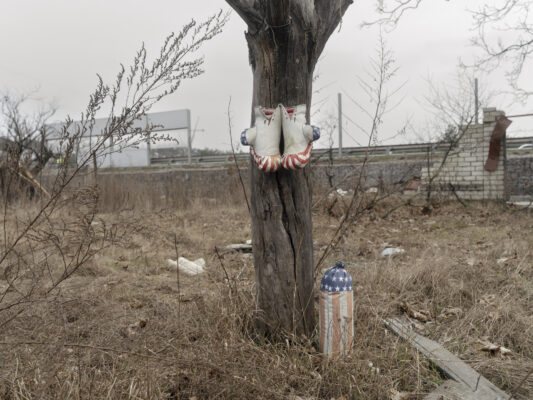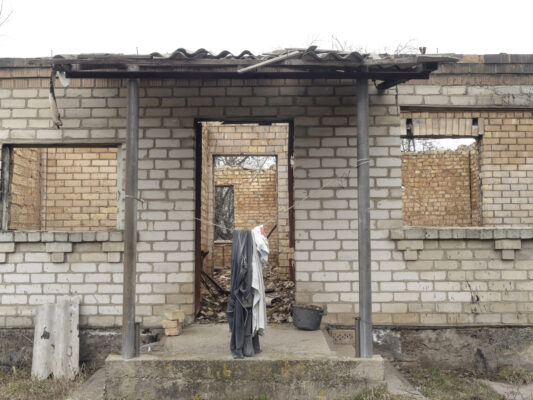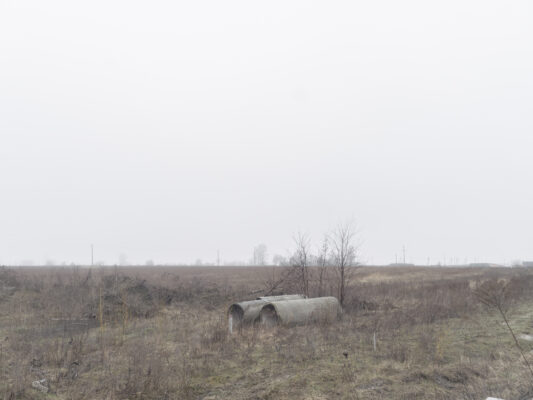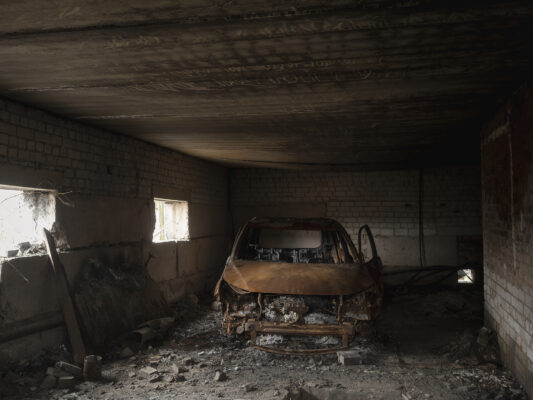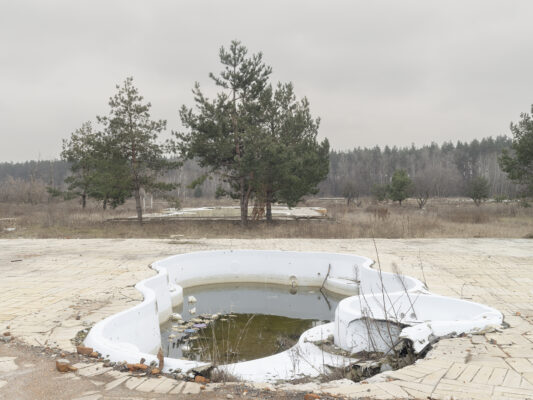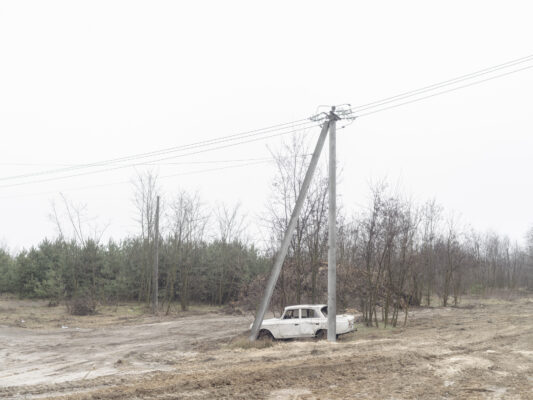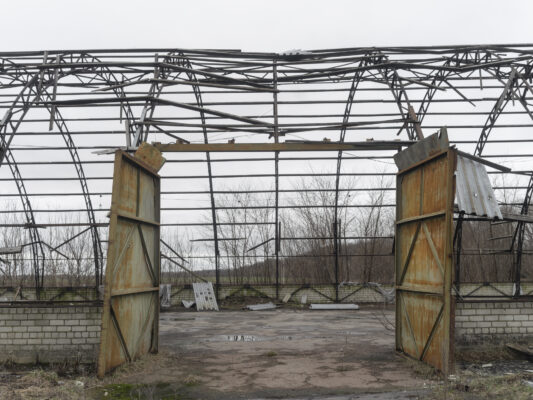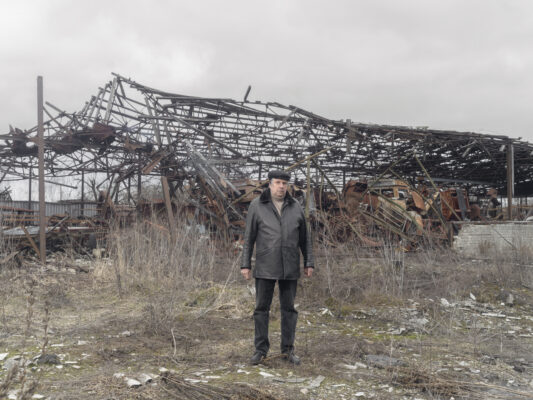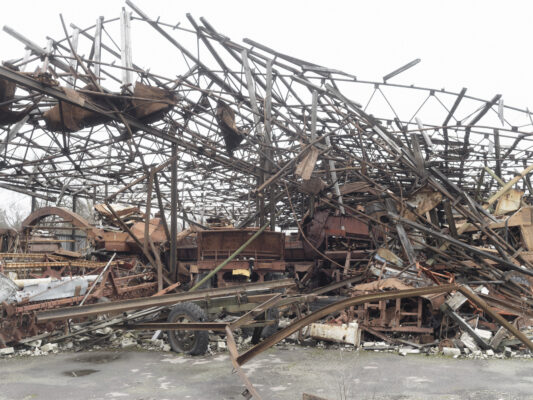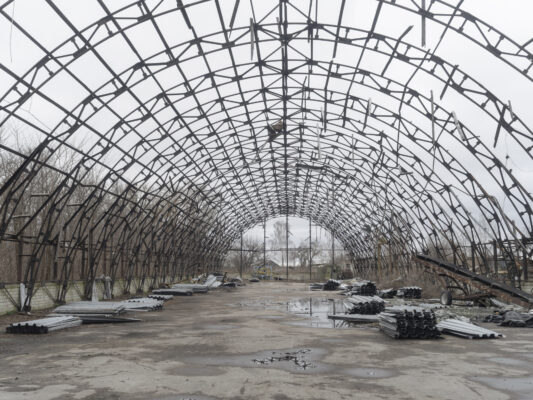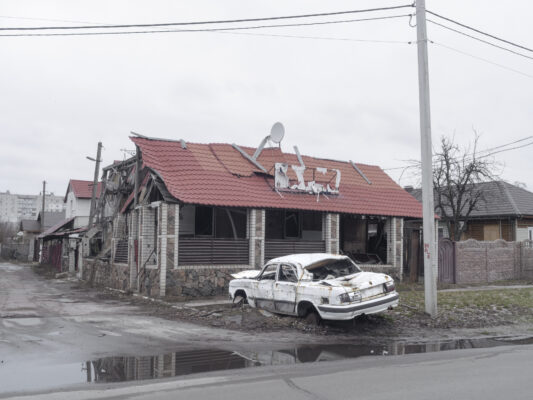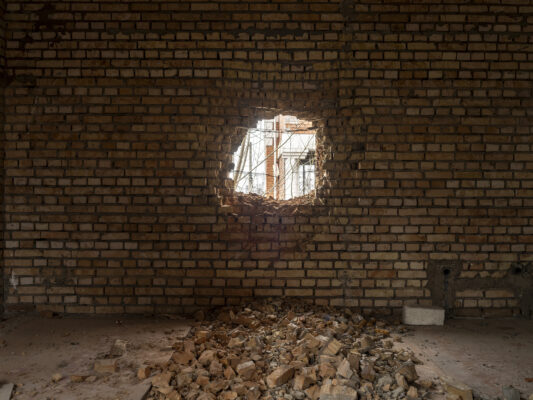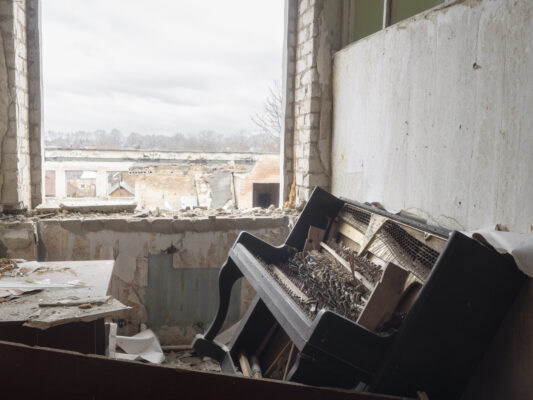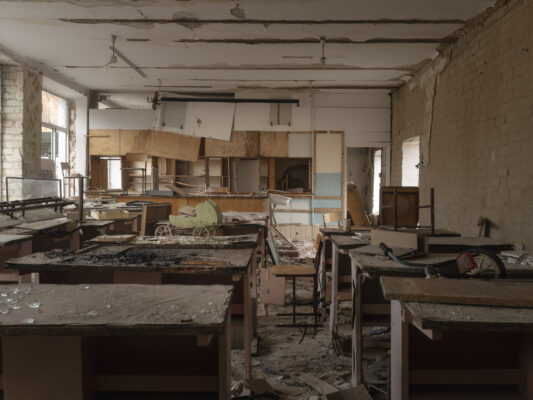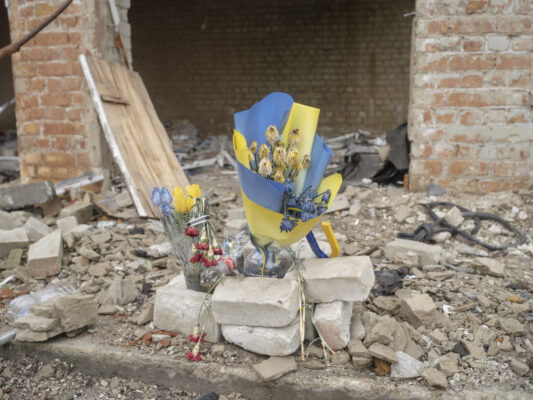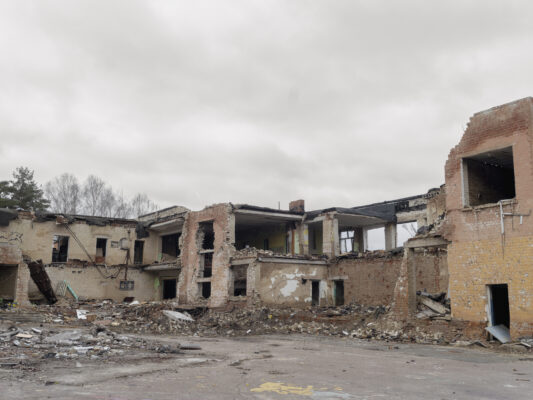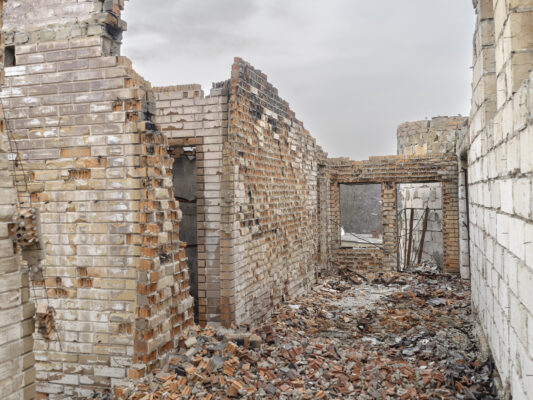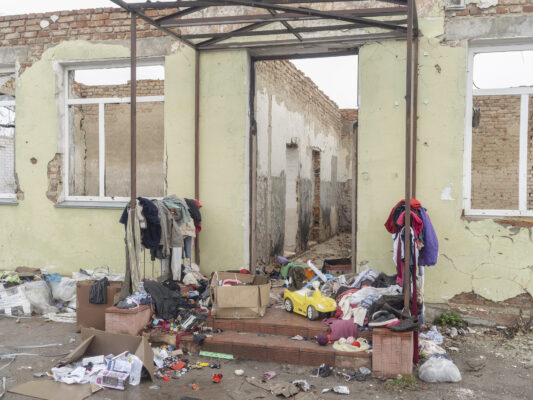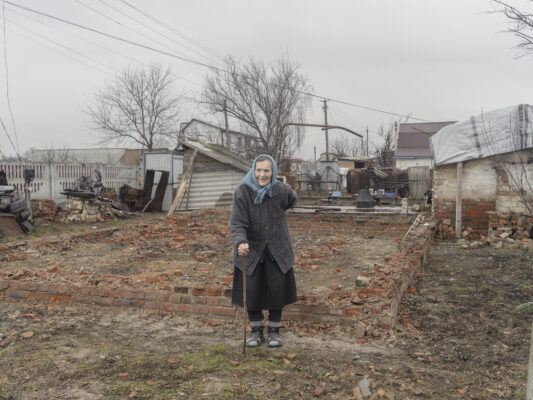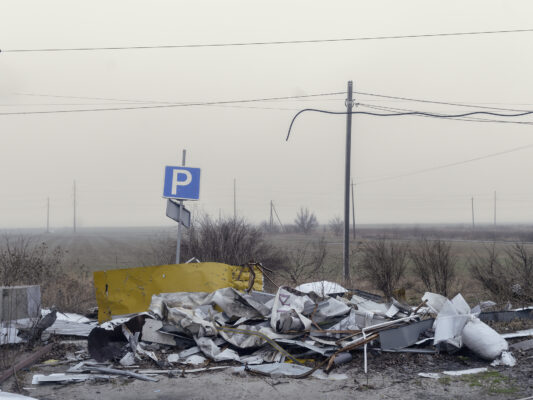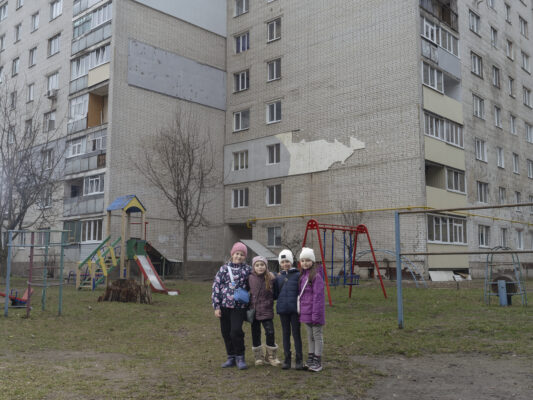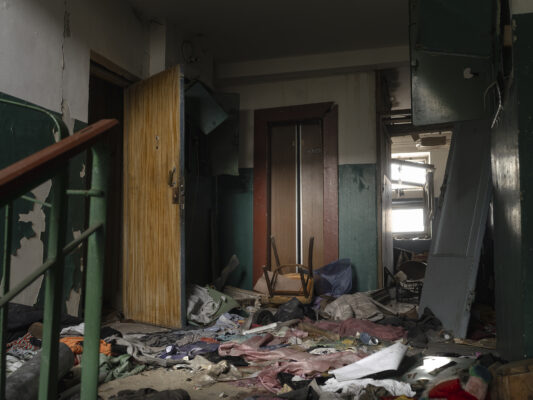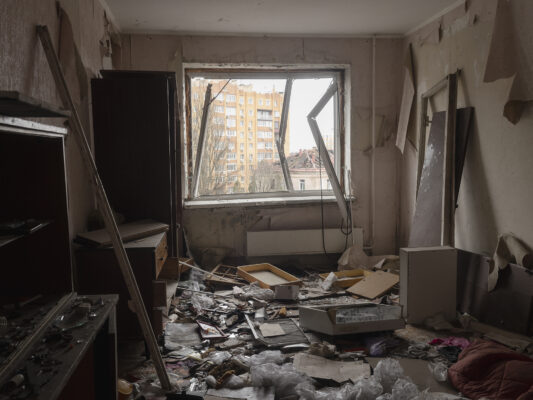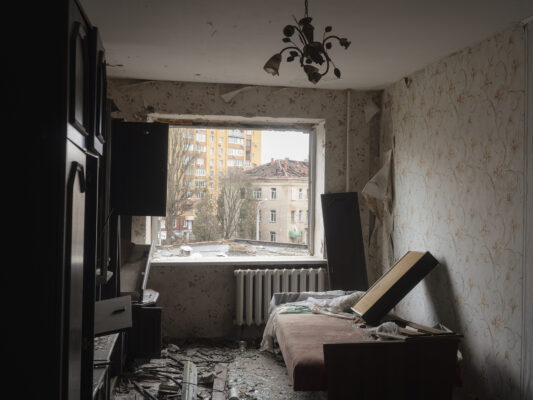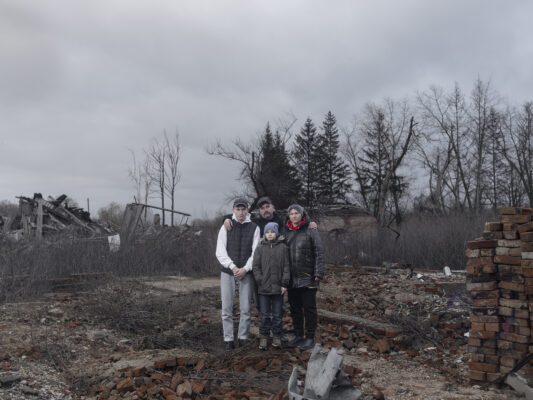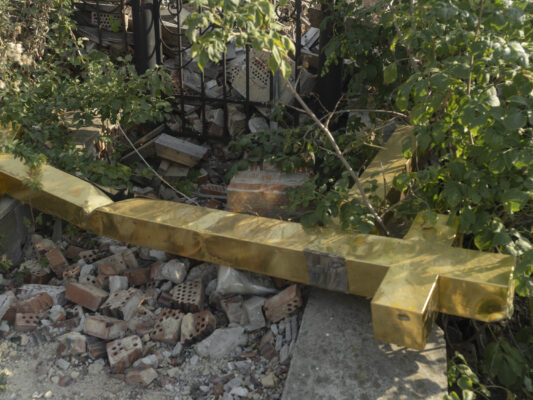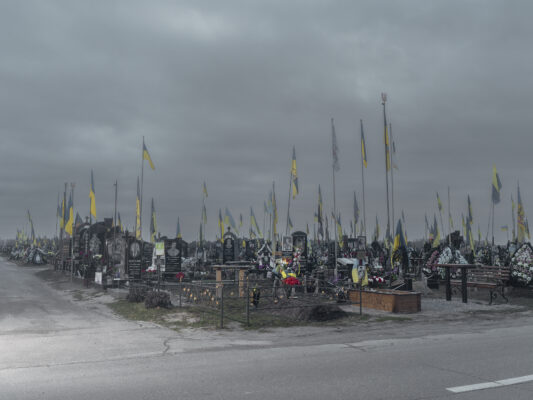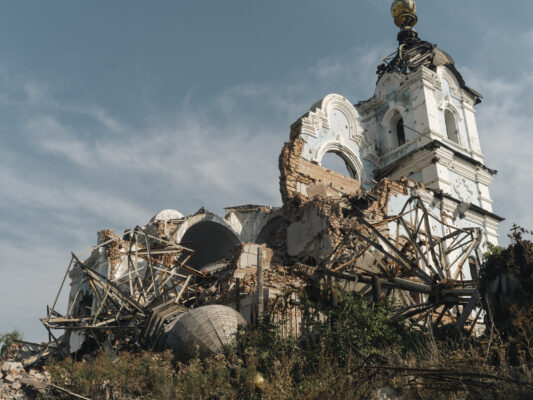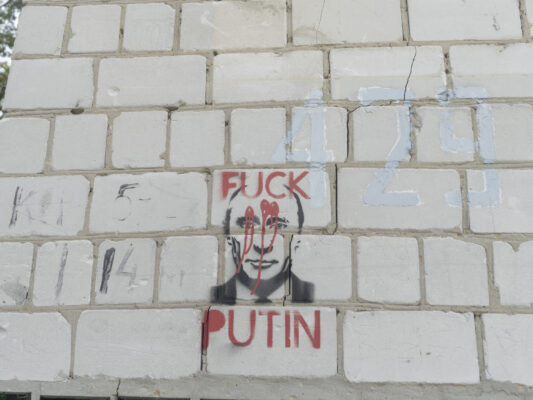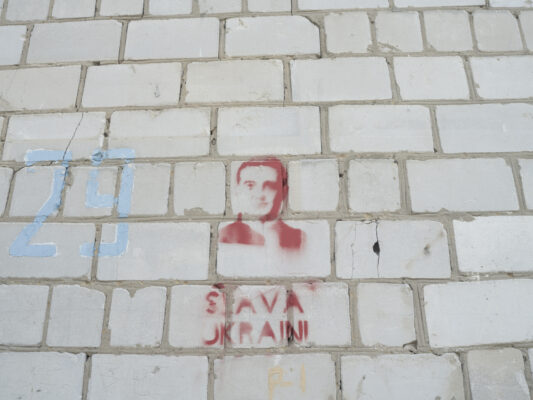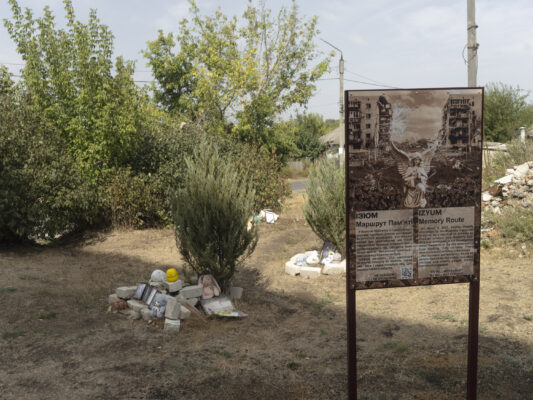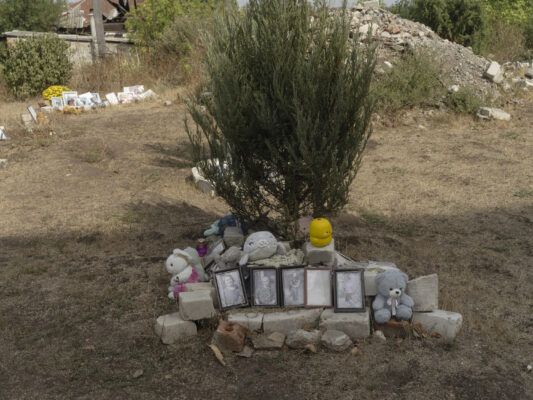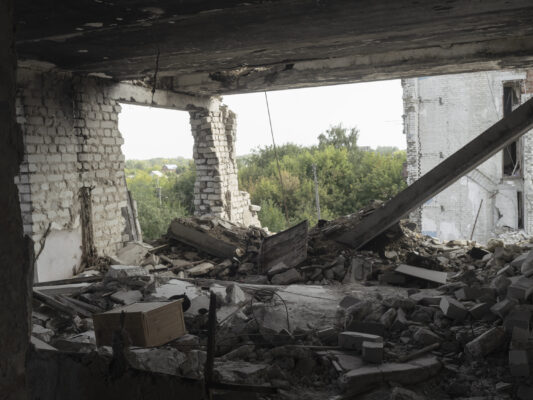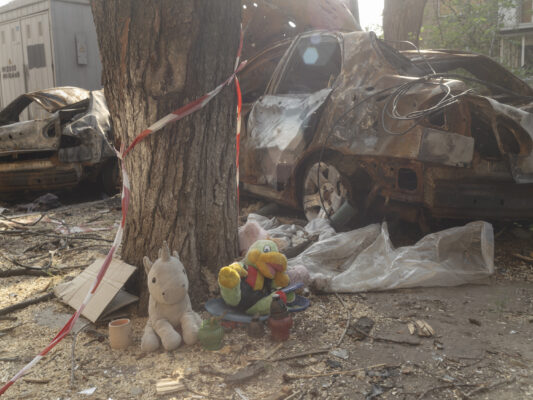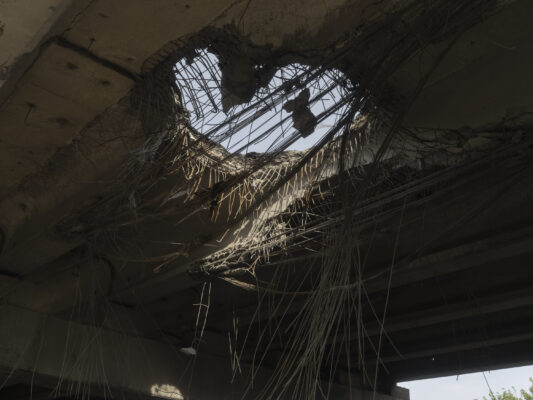A Propos
Mars 2024. Deux ans de guerre en Ukraine ont passés.
Elle a lieu à quelques centaines de kilomètre de chez moi. Je le sais, je le vis, depuis un an je photographie des réfugiés d’Ukraine qui ont tout quitté à cause de cette guerre.
Un premier voyage d’un mois en Ukraine.
C’est en moi, j’éprouve ce besoin de me rapprocher d’eux d’une manière ou d’une autre.
Besoin de mieux comprendre ce qu’a pu vivre ma compagne ukrainienne que j’ai rencontré lors de ce projet, besoin de me connecter un peu plus à elle en embrassant son histoire, sa culture et son passé.
Ce besoin de me « rapprocher » du pays, de l’histoire, du quotidien des réfugiés que je prends en photo depuis un an.
J’ai pleinement conscience que je ne pourrais jamais véritablement appréhender ce qu’ils ont vécu ou ressenti dans ces jours si sombres de leurs vies, je ressens pourtant cette nécessité de mieux connaitre leurs racines, d’approcher ce qu’ils ont pu connaitre ou ressentir avec la guerre, de voir de quoi étaient faites leurs vies avant. Avant ces bouleversements que furent la guerre, puis l’exil.
En Ukraine la guerre n’est pas qu’en direct à la télévision ou dans les alertes quotidiennes, elle fait aussi partie du panorama, elle se rappelle à vous au quotidien dans les paysages que vous foulez ou traversez.
« Désolation » est le premier mot qui me vient à l’esprit lorsque je vois les stigmates laissés par la guerre.
Ces scènes, ces lieux, ces destructions qui vous rappellent que tant de vies, de destins, de futurs ont été brisés, anéantis. Que le chaos existe bel et bien, qu’il est là devant vous.
Voir la guerre à la tv et en voir les conséquences avec ses propres yeux sont deux choses bien différentes. Et je n’ai rien vu vraiment, je ne suis pas sur le front…
C’est ma première expérience avec la guerre, ma première confrontation à sa froide réalité.
En tant que français, qu’européen, privilégié je me sentais protégé, bercé par l’idée que la guerre ne pouvait pas m’atteindre.
Et pourtant, elle est là, sous mes yeux, quotidiennement.
Il m’est dès lors impossible de ne pas témoigner de ce que je vois, en tant qu’artiste mais aussi et surtout en tant qu’homme.
« Desolation » témoigne de toutes ces cicatrices laissées par les affrontements, par la folie d’hommes qui n’avaient pour autre objectif que de tuer et de détruire, pire, d’effacer.
« Desolation » sonne comme un rappel que l’homme reste l’homme, capable du meilleur, mais le plus souvent du pire, que la raison peut disparaitre laissant place à la folie de la destruction.
About
March 2024. Two years of war in Ukraine have passed.
It takes place a few hundred kilometers from my home. I know it, I live it, for a year I have been photographing refugees from Ukraine who left everything because of this war.
A first month-long trip to Ukraine.
It’s in me, I feel this need to get closer to them in one way or another.
Need to better understand what my Ukrainian partner who I met during this project may have experienced, need to connect a little more to her by embracing her history, her culture and her past.
This need to “get closer” to the country, to the history, to the daily life of the refugees that I have been taking photos of for a year.
I am fully aware that I could never truly understand what they experienced or felt in these dark days of their lives, yet I feel the need to know their roots better, to approach what they were able to know. or feel with the war, to see what their lives were like before. Before these upheavals that were the war, then the exile.
In Ukraine the war is not only live on television or in daily alerts, it is also part of the panorama, it is reminded of you daily in the landscapes that you tread or cross.
“Desolation” is the first word that comes to mind when I see the scars left by war.
These scenes, these places, this destruction which remind you that so many lives, destinies, futures have been broken, destroyed. That chaos does indeed exist, that it is there in front of you.
Seeing the war on TV and seeing the consequences with your own eyes are two very different things. And I didn’t really see anything, I’m not on the front…
This is my first experience with war, my first confrontation with its cold reality.
As a French, as a European, privileged I felt protected, lulled by the idea that the war could not reach me.
And yet, it is there, before my eyes, daily.
It is therefore impossible for me not to bear witness to what I see, as an artist but also and above all as a man.
“Desolation” bears witness to all these scars left by the clashes, by the madness of men whose only objective was to kill and destroy, worse, to erase.
“Desolation” sounds like a reminder that man remains man, capable of the best, but more often of the worst, that reason can disappear, giving way to the madness of destruction.
Про
Березень 2024. Минуло два роки війни в Україні.
Вона відбувається за кілька сотень кілометрів від мого дому. Я це знаю, я переживаю це, вже рік я фотографую біженців з України, які залишили все через цю війну.
Перша подорож в Україну тривала місяць.
Це в мені, я відчуваю потребу наблизитися до них якимось чином.
Потреба краще зрозуміти, що могла пережити моя дівчина-українка, яку я і зустрів під час цього проєкту. Потреба трохи більше зблизитись з нею, пережити її історію, зрозуміти її культуру та минуле.
Ця потреба « наблизитися » до країни, історії та повсякдення біженців, яких я фотографую протягом року.
Я повністю усвідомлюю, що ніколи не зможу по-справжньому осягнути те, що вони пережили або відчували в ті темні дні їхнього життя. Проте я відчуваю цю необхідність краще пізнати їх коріння, наблизитися до того, що вони могли зазнати або відчувати під час війни, побачити, з чого складалися їхні життя «до». До тих потрясінь, якими була війна, а потім емігарція.
В Україні війна не лише на телебаченні або в щоденних новинах, вона також є частиною пейзажу, вона нагадує про себе щодня в краєвидах, які ви бачите або перетинаєте.
«Спустошення» – це перше слово, яке спадає на думку, коли я бачу сліди, залишені війною.
Ці місця, ці руйнування нагадують, що так багато життів, доль, майбутнього було зламано, знищено. Що хаос справді існує, що він тут перед вами.
Бачити війну по телевізору і бачити її наслідки на власні очі – це зовсім різні речі. І я майже нічого не бачив насправді, я не на передовій…
Це мій перший досвід з війною, моє перше зіткнення з її холодною реальністю.
Як француз, європеєць, я почувався привілейованим, захищеним, переконаним, що війна не може мене торкнутися.
І все ж, вона тут, перед моїми очима, щодня.
Відтепер мені неможливо не свідчити про те, що я бачу, як митець, але також, і передусім, як людина.
«Спустошення» свідчить про всі ці шрами, залишені зіткненнями, божевіллям людей, які мали єдину мету – вбивати і руйнувати, гірше – стирати.
« Спустошення » звучить як нагадування про те, що людина залишається людиною, здатною до кращого, але найчастіше до найгіршого, що розум може зникнути, залишаючи місце безумству руйнування.

